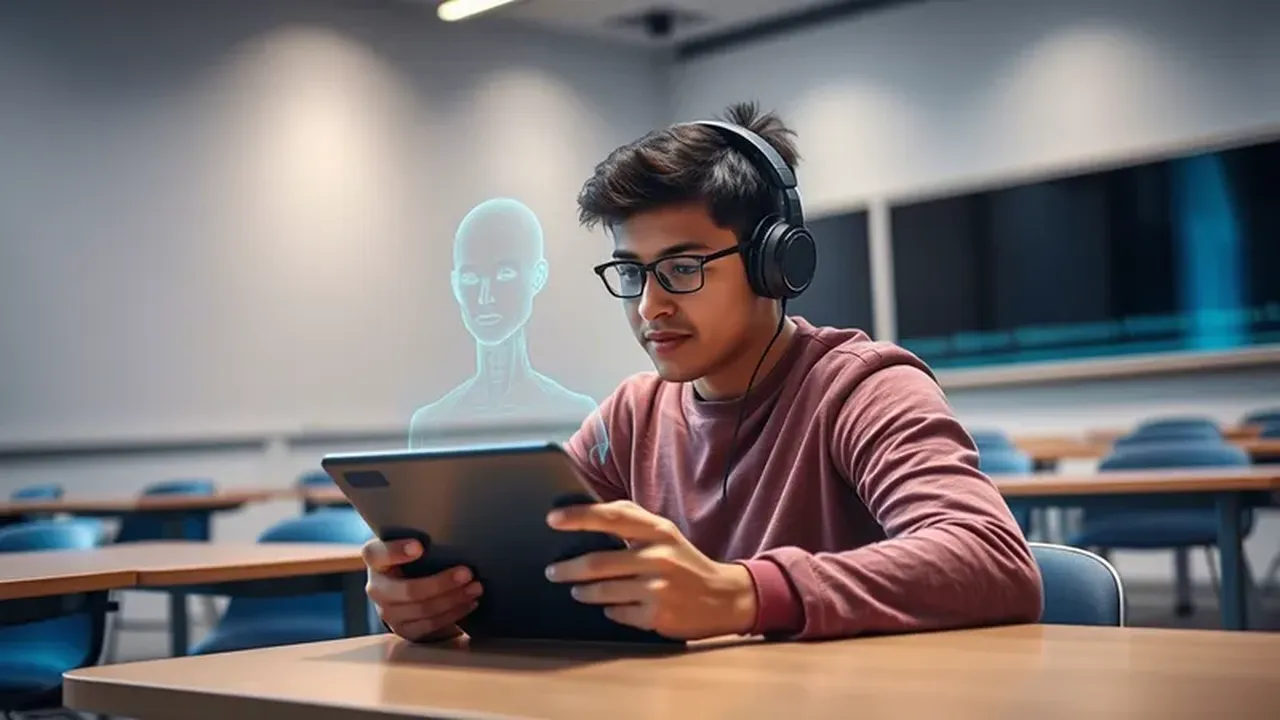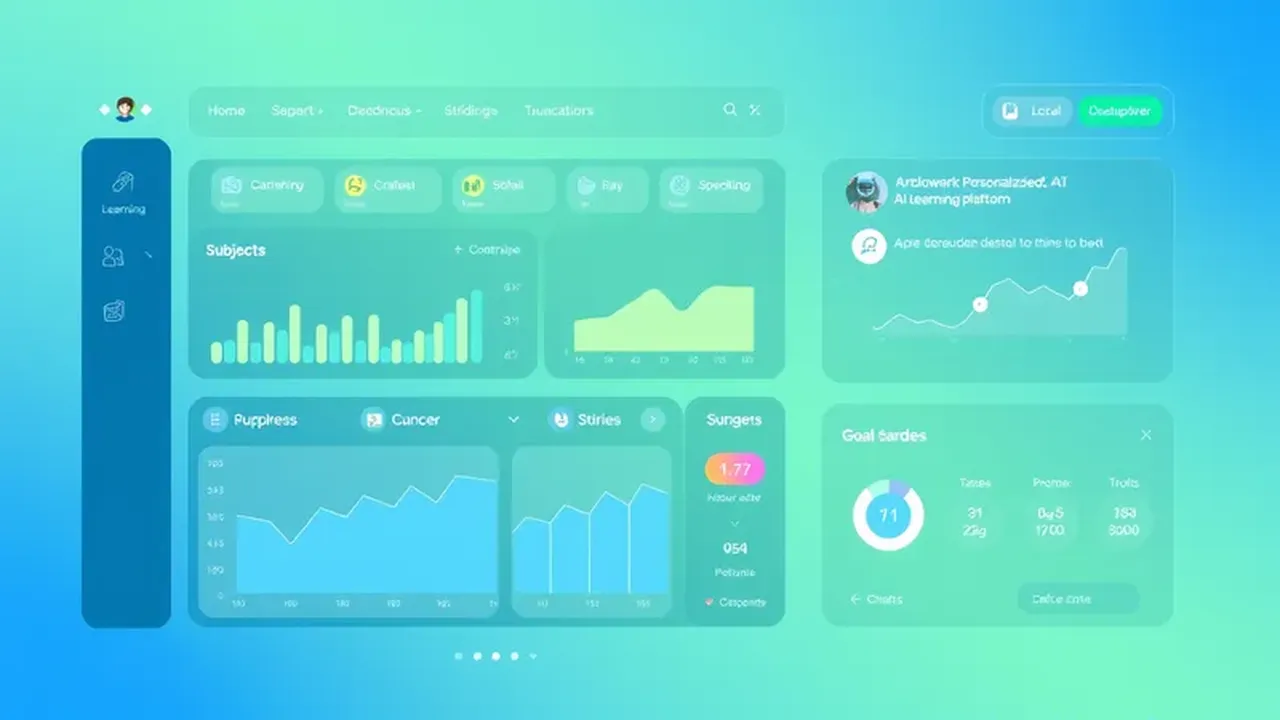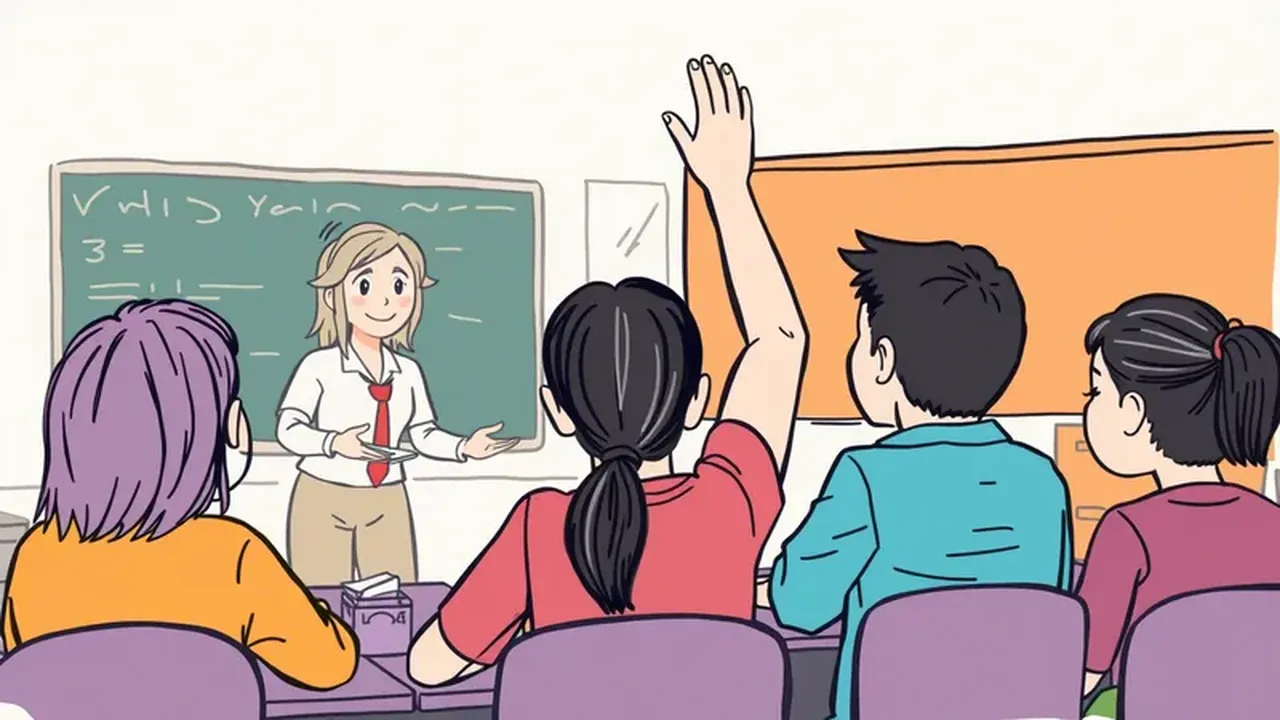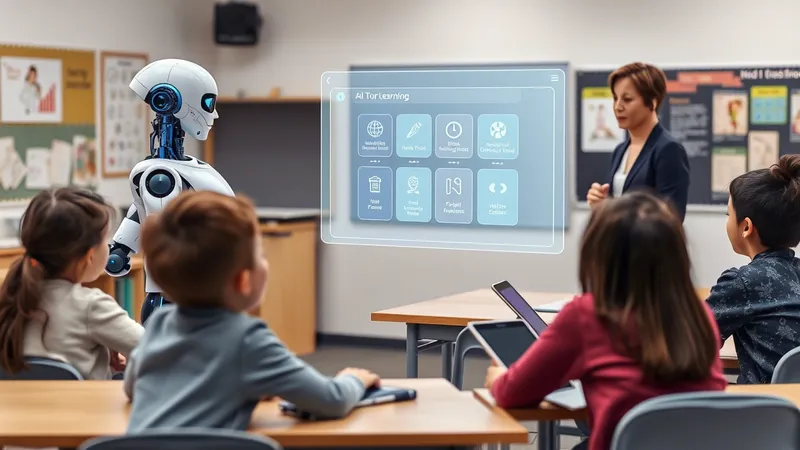Your Personal Einstein on Subscription: Has the AI Revolution in Education Already Begun?
Imagine: your child, or you yourself, has access to a personal mentor. Available around the clock, this mentor knows all your strengths and weaknesses, patiently explains complex topics, and adapts the learning program for you to achieve maximum results. Sound like a dream? Today, this dream is taking shape thanks to artificial intelligence (AI). AI tutors promise to revolutionize education, making quality personalized learning accessible to everyone. But is this prospect so cloudless? Are there threats to live communication, the role of the teacher, and even the security of our data hidden behind the facade of technological utopia?

What Is an AI Tutor and How Does It Learn to Teach?
The term "AI tutor" encompasses a wide range of technologies. At its core are machine learning algorithms capable of analyzing vast amounts of student performance data, identifying patterns, and adapting the learning process. Natural Language Processing (NLP) systems allow AI to "understand" student queries and provide meaningful answers. These can range from relatively simple chatbots for answering questions or test preparation, such as those integrated into popular educational apps like Quizlet Qchat, to complex adaptive platforms. Systems like Knewton Alta aim to build an individual educational trajectory for each user, selecting materials and tasks based on their current knowledge level and learning pace.
Let's imagine a hypothetical day for a student with an advanced AI tutor: in the morning, the system offers a brief review of topics worth revisiting based on yesterday's mistakes. While learning a new topic, the AI offers interactive tasks, simulations, video materials, provides instant feedback, and adjusts the difficulty if the student struggles or, conversely, masters it easily.
Educational Utopia? The Pros of Personalized AI Learning
The potential of AI tutors is truly impressive:

- True Personalization: AI can consider an individual's pace, preferred content formats (video, text, interactive), strengths, and weaknesses. Forget the "average student" – learning becomes genuinely personal.
- 24/7 Accessibility from Anywhere: Knowledge becomes available at any convenient time, regardless of geographical location, provided there's an internet connection. This opens up huge opportunities for remote regions and self-education.
- Democratization of Quality Education: AI platforms can provide access to advanced methodologies and knowledge previously available only to a few through elite schools or expensive private tutors.
- Overcoming Psychological Barriers: An AI tutor won't judge for a mistake or show impatience. Students can calmly ask "silly" questions, revisit difficult topics multiple times, and learn at a comfortable pace.
- AI as a Teacher's Assistant: Artificial intelligence can take over routine tasks, such as grading standard assignments or selecting didactic materials. Tools like Curipod exist, helping teachers quickly create interactive lessons and presentations with AI, freeing up time for more creative and individual work with students.
Hidden Threats of the Digital Mentor: What Aren't Enthusiasts Talking About?
However, despite all the obvious advantages, the mass adoption of AI tutors also carries serious risks:

- Diminished Role of Live Teachers and Desocialization: Education is not just knowledge transfer but also upbringing, personality formation, and development of communication and teamwork skills. Can a machine replace human warmth, empathy, and mentorship? Excessive reliance on individual AI learning can lead to a deficit in social skills among the younger generation.
- The "Filter Bubble" Problem and Critical Thinking Development: If AI constantly adapts to the student, offering only "liked" or easily digestible content, won't the student end up in an information cocoon, devoid of stimuli to overcome difficulties and develop a critical worldview?
- Data Security and Ethics: AI tutors collect a colossal amount of data about students: their performance, mistakes, preferences, learning speed, and even behavioral patterns. Who controls this data? How is it protected from leaks, hacking, or use for commercial (or other) purposes without the consent of the student and their parents?
- Deepening Digital and Social Divide: Access to truly high-quality, advanced AI tutors, as well as the necessary infrastructure (high-speed internet, modern devices), could become a new factor in social stratification. Education risks becoming even more unequal.
- Algorithmic Bias in Education: Can an AI tutor be biased if trained on data reflecting existing stereotypes (e.g., gender or racial stereotypes in educational materials)? It might reproduce and even amplify this bias in the learning process.
AI Tutor – Miracle Tool or Pandora's Box for Education?
Undoubtedly, AI tutors hold immense potential to transform education, making it more personalized, flexible, and accessible. However, like any powerful technology, they are merely a tool. Their impact – beneficial or destructive – will depend on the goals we set for them, the ethical principles we embed in their algorithms, and how we structure human-machine interaction in the educational process.
The key should be to preserve the human factor. AI can handle routines and assist with personalization, but it cannot replace a live teacher кабелен of inspiring, nurturing, and developing not only knowledge but also critical thinking, creativity, and "soft skills" in students. It is necessary to develop ethical codes and legal regulations for AI in education, ensuring transparency, accountability, and data protection. Only then can we harness the strengths of artificial intelligence for good, without opening Pandora's Box.
